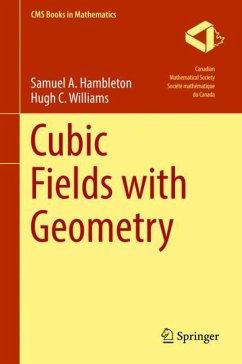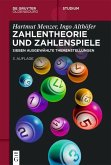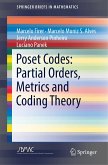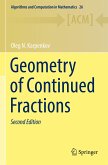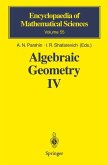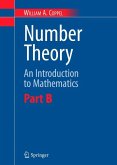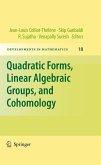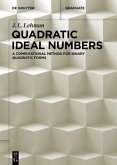The objective of this book is to provide tools for solving problems which involve cubic number fields. Many such problems can be considered geometrically; both in terms of the geometry of numbers and geometry of the associated cubic Diophantine equations that are similar in many ways to the Pell equation. With over 50 geometric diagrams, this book includes illustrations of many of these topics. The book may be thought of as a companion reference for those students of algebraic number theory who wish to find more examples, a collection of recent research results on cubic fields, an easy-to-understand source for learning about Voronoi's unit algorithm and several classical results which are still relevant to the field, and a book which helps bridge a gap in understanding connections between algebraic geometry and number theory.
The exposition includes numerous discussions on calculating with cubic fields including simple continued fractions of cubic irrational numbers, arithmetic using integer matrices, ideal class group computations, lattices over cubic fields, construction of cubic fields with a given discriminant, the search for elements of norm 1 of a cubic field with rational parametrization, and Voronoi's algorithm for finding a system of fundamental units. Throughout, the discussions are framed in terms of a binary cubic form that may be used to describe a given cubic field. This unifies the chapters of this book despite the diversity of their number theoretic topics.
The exposition includes numerous discussions on calculating with cubic fields including simple continued fractions of cubic irrational numbers, arithmetic using integer matrices, ideal class group computations, lattices over cubic fields, construction of cubic fields with a given discriminant, the search for elements of norm 1 of a cubic field with rational parametrization, and Voronoi's algorithm for finding a system of fundamental units. Throughout, the discussions are framed in terms of a binary cubic form that may be used to describe a given cubic field. This unifies the chapters of this book despite the diversity of their number theoretic topics.

